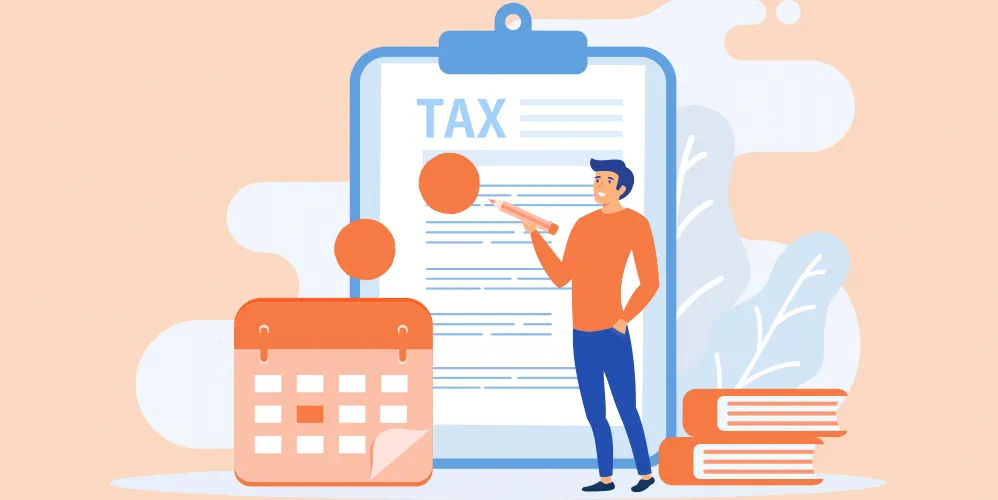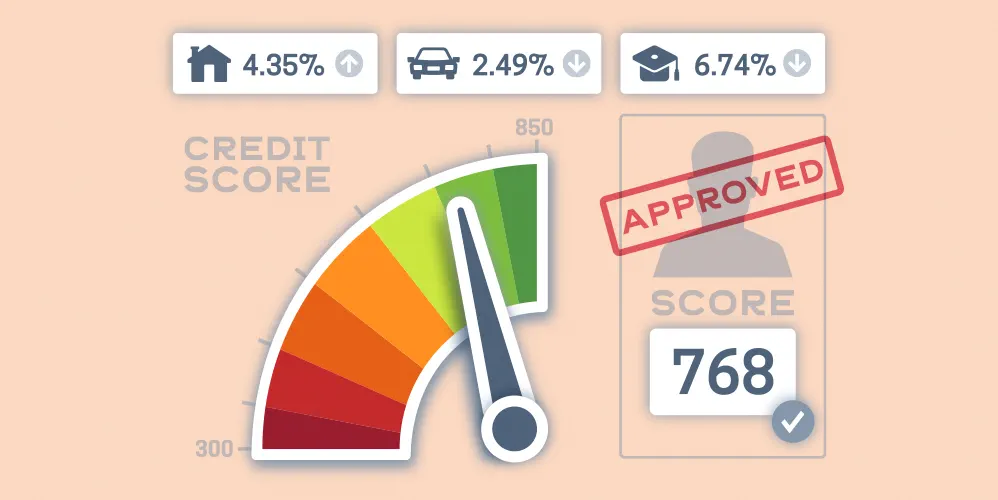
Form 16 in Income Tax: Definition, Benefits, Eligibility & Filing Guide
20 Nov 2024

Table of Content
Introduction
Understanding your tax obligations is essential for effective financial management, and one key document in this process is Form 16. This guide will walk you through what Form 16 is, its importance, and how to use it while filing your income tax returns.
What is Form 16?
Form 16 is a tax document issued by employers to their employees. It serves as a certificate of tax deducted at source (TDS) on salary payments. The form contains details about the income earned, TDS deducted, and other deductions allowed under the Income Tax Act. Form 16 is a vital document for salaried individuals as it simplifies the process of filing income tax returns (ITR).
Types of Form 16
There are two parts to Form 16:
• Part A :
This part contains information regarding the employer and employee, including the employer's name, address, PAN, and TAN details. It also provides a summary of the TDS deducted for the financial year.
• Part B :
This section provides detailed information about the salary earned, other income, deductions under Chapter VI-A, and the taxable income. It includes a break-up of various components of the salary and any deductions claimed.
Why is Form 16 Required?
Form 16 is essential for several reasons:
1. Tax Compliance :
It acts as proof of tax deducted at source, helping you meet your tax obligations.
2. Filing Returns :
It simplifies the ITR filing process by providing all necessary details regarding your income and TDS, making it easier to calculate your tax liability.
3. Claiming Deductions :
Form 16 enables you to claim deductions for investments made under sections such as 80C, 80D, etc., ensuring you pay only the necessary tax.
4. Loan Applications : Financial institutions often require Form 16 as proof of income while processing loan applications.
Also Read: TDS on Fixed Deposit Interest
Form 16 Eligibility
Generally, every employer who deducts TDS from an employee's salary must issue Form 16. If you are a salaried individual and your employer has deducted TDS on your salary, you are eligible to receive Form 16.
Details Required from Form 16 While Filing Your Return
When filing your income tax return, you will need the following details from Form 16:
1. Employer Details :
Name and PAN of your employer.
2. Salary Details :
Total salary earned, allowances, and perquisites.
3. TDS Deducted :
The amount of TDS deducted and deposited with the government.
4. Deductions Claimed :
Details of deductions claimed under various sections.
5. Taxable Income :
Total taxable income as computed from the details provided in Form 16.
When is Form 16 Issued?
Employers typically issue Form 16 by 31st May of the assessment year, after the end of the financial year. For example, for the financial year ending on March 31, 2025, Form 16 should be issued by May 31, 2025. It's crucial to collect your Form 16 promptly to ensure timely filing of your tax returns.
What is Form 16 in Income Tax?
Form 16 serves as a vital document that consolidates all necessary information regarding your salary and taxes paid. The form is crucial for accurately reporting your income and tax liabilities. If you fail to file your returns using the information provided in Form 16, you may face penalties or interest on unpaid taxes.
Conclusion
Understanding Form 16 is crucial for salaried individuals to ensure compliance with tax regulations and streamline the ITR filing process. It not only simplifies tax calculations but also serves as an essential document for various financial transactions. If you receive Form 16, review it carefully and use it to your advantage when filing your tax returns.
Also Read: Understanding Home Loan Prepayment - Rules, Benefits, and Charges
Frequently Asked Questions (FAQs) about Form 16
Who is eligible to receive Form 16?
Salaried individuals whose employer has deducted TDS from their salary are eligible to receive Form 16.
What is the difference between Part A and Part B of Form 16?
Part A includes employer and employee details along with TDS summary, while Part B provides detailed salary breakdown and deductions.
Is Form 16 necessary for filing income tax returns (ITR)?
While it's not mandatory, having Form 16 simplifies the ITR filing process and ensures accurate reporting of income.
Can I claim deductions without Form 16?
You can claim deductions without Form 16, but it may complicate the filing process, as you'll need to provide alternative documentation.
How do I use Form 16 for a tax refund?
You can use the information in Form 16 to calculate your total income and taxes paid, helping you determine if you're eligible for a tax refund.
What happens if there are errors in my Form 16?
If you find errors in your Form 16, contact your employer for corrections before filing your ITR.
Is Form 16 applicable for freelancers or self-employed individuals?
No, Form 16 is specific to salaried individuals. Freelancers and self-employed individuals receive income certificates instead.
For more assistance on Form 16 and other financial matters, reach out to Bank of Baroda today!
Popular Articles
Tag Clouds
Related Articles









Guide to Getting Agriculture Loan: Application, Eligibility & Required Documents

-
Disclaimer
The contents of this article/infographic/picture/video are meant solely for information purposes and do not necessarily reflect the views of Bank of Baroda. The contents are generic in nature and for informational purposes only. It is not a substitute for specific advice in your own circumstances. Bank of Baroda and/ or its Affiliates and its subsidiaries make no representation as to the accuracy; completeness or reliability of any information contained herein or otherwise provided and hereby disclaim any liability with regard to the same. The information is subject to updation, completion, revision, verification and amendment and the same may change materially. The information is not intended for distribution or use by any person in any jurisdiction where such distribution or use would be contrary to law or regulation or would subject Bank of Baroda or its affiliates to any licensing or registration requirements. Bank of Baroda shall not be responsible for any direct/indirect loss or liability incurred by the reader for taking any financial decisions based on the contents and information mentioned. Please consult your financial advisor before making any financial decision.
What is an MSME Loan & how does it work?
MSME loans, or Micro, Small, and Medium Enterprises loans, are designed to support the growth and development of small businesses. These loans provide the necessary funds for business expansion, operational expenses, and other financial needs. The MSME stands for Micro, Small, and Medium Enterprises.

